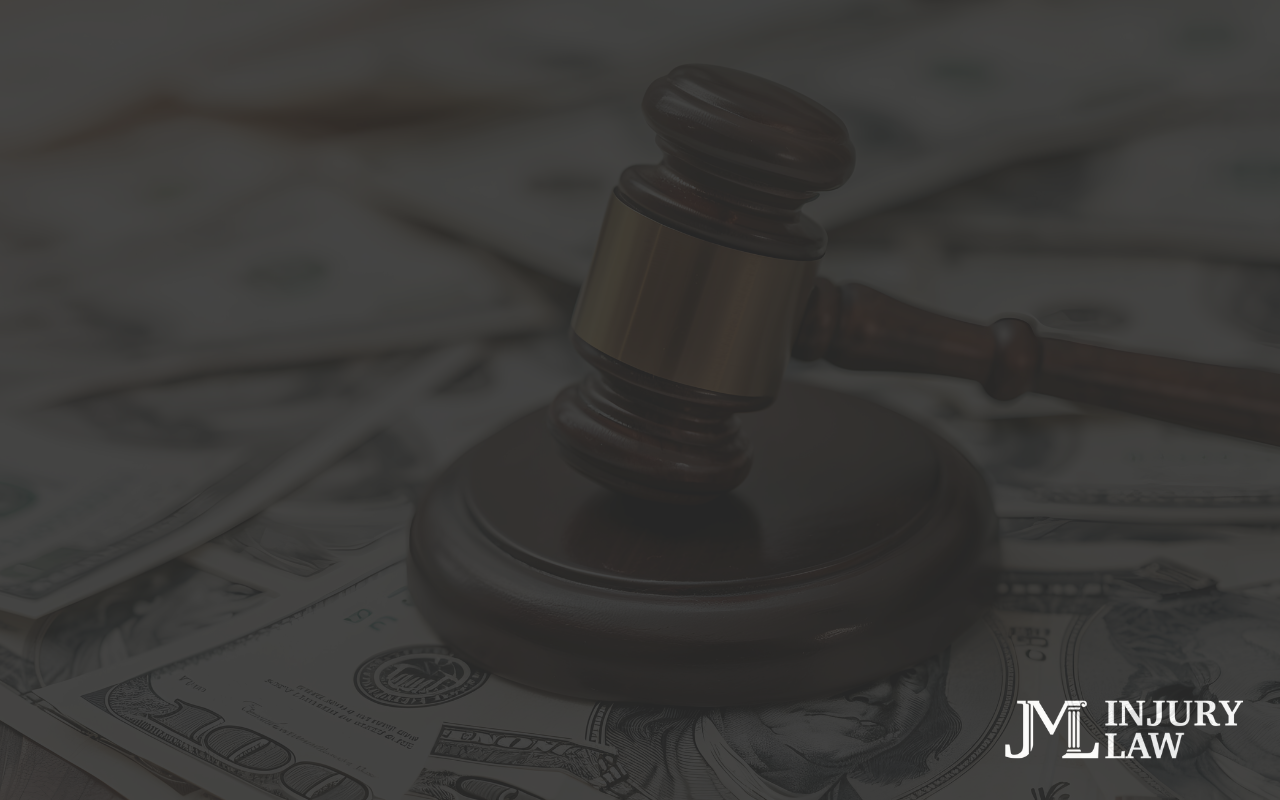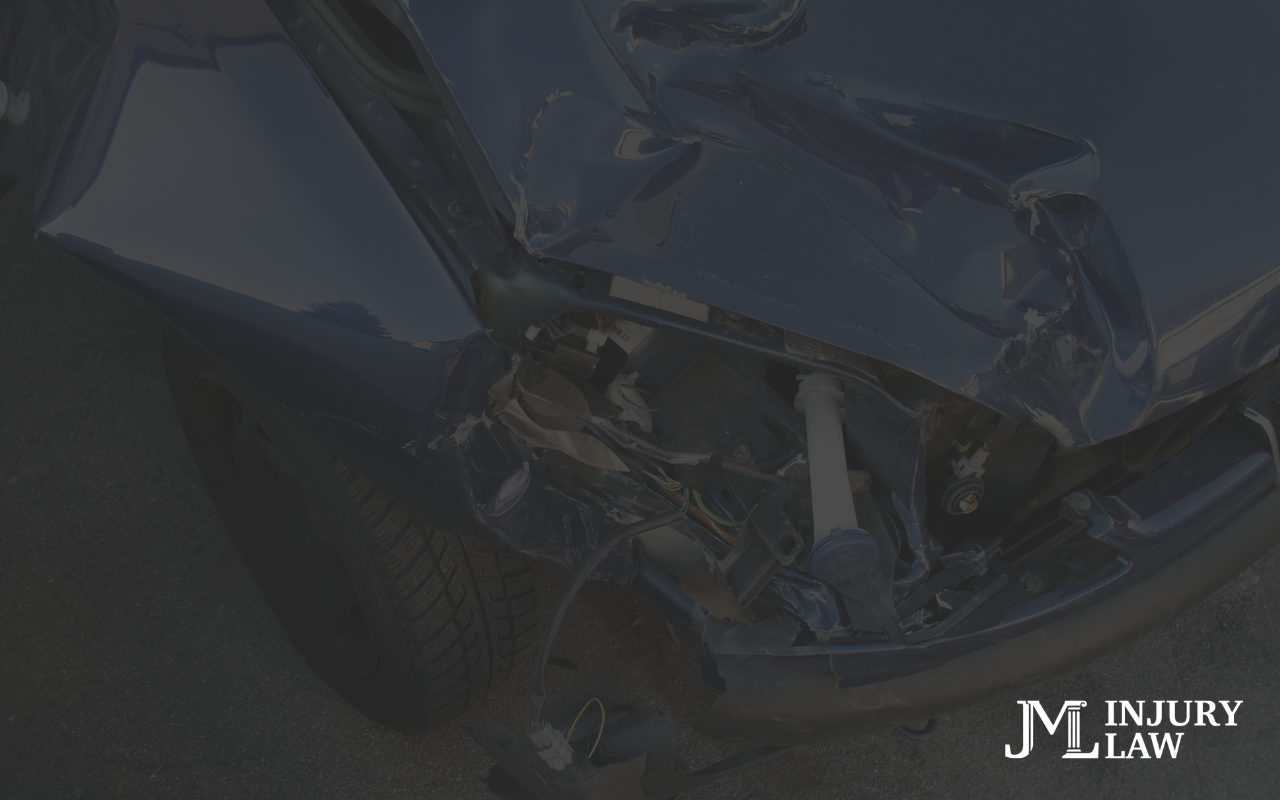The Texas Dram Shop Law is an important piece of legislation that holds alcohol providers accountable for the damages caused by intoxicated individuals. This law, which is governed by the Texas Alcoholic Beverage Code, plays a crucial role in personal injury cases involving alcohol-related incidents. Understanding the basics of the Texas Dram Shop Law is essential for individuals seeking legal representation and pursuing financial compensation for their damages. If you’ve been injured in a drunk driving accident in Texas, it may not be just the drunk driver who is at fault.
Understanding the Texas Dram Shop Law
In order to comprehend the intricacies of the Texas Dram Shop Law, it is important to first understand what the term “dram shop” refers to. The concept of a dram shop dates back to the 18th century when establishments sold spirits in units known as “drams.” Nowadays, the term dram shop is used to refer to businesses, such as bars, restaurants, and liquor stores, that serve alcoholic beverages.
The Texas Alcoholic Beverage Code, specifically Title 6, Chapter 2, Subchapter C, governs the Texas Dram Shop Law. This law, also referred to as the Dram Shop Act, addresses the legal liability of alcohol providers in cases where individuals suffer injuries or damages as a result of someone’s intoxication.
Basics of the Texas Dram Shop Law
The Texas Dram Shop Law outlines the legal responsibility of alcohol providers when serving alcoholic beverages. Under this law, alcohol providers can be held liable for the damages caused by intoxicated individuals, including personal injury, property damage, or wrongful death.
In Texas, the legal drinking age is 21 years, and any individual under the legal drinking age of 21 is considered a minor. The law prohibits alcohol providers from serving alcoholic beverages to individuals who are visibly intoxicated or to minors.
The Texas Dram Shop Law allows injured parties to pursue compensation from alcohol providers for the damages caused by the actions of an intoxicated person. This law ensures that alcohol providers are held accountable for their role in alcohol-related incidents and provides a legal avenue for individuals seeking financial compensation for their injuries or losses.
Understanding the basics of the Texas Dram Shop Law is crucial for anyone involved in Dram Shop liability cases. Whether you are a business owner, a social host, or an injured party, familiarizing yourself with the legal responsibilities and obligations imposed by this law is essential for effective legal representation and pursuing a dram shop claim.
When Does the Texas Dram Shop Law Apply?
The Texas Dram Shop Law applies in various situations, and it is important to understand the circumstances under which the law comes into play. One of the key scenarios covered by the law is when alcohol is provided to an intoxicated person.
If an alcohol provider serves alcohol to an individual who is already visibly intoxicated, they can be held liable for any damages caused by the intoxicated person. This provision of the law aims to discourage establishments from over-serving patrons who are already intoxicated, as it can lead to dangerous situations.
It’s worth noting that the law also extends to social hosts, such as individuals hosting a party or gathering, where alcohol is served. In such cases, the social host may be held liable if they provide alcohol to a person who is intoxicated, and that individual later causes harm or injury to others.
Understanding the application of the Texas Dram Shop Law is critical for individuals involved in Dram Shop claims. Whether you are the injured party seeking compensation or the alcohol provider being accused of negligence, a clear understanding of the law’s requirements and obligations is essential in building a strong case. Having a skilled Texas personal injury attorney who understands these laws and how to navigate them is crucial in receiving the optimal outcome in your case.
Key Elements of Texas Dram Shop Law
The Texas Dram Shop Law encompasses several key elements that are critical in cases involving alcohol-related incidents. Two of the primary elements of the law are the duty of care and dram shop liability.
The duty of care refers to the legal responsibility of alcohol providers to exercise reasonable care in serving alcoholic beverages. This duty of care extends to ensuring the safety of patrons and the general public by not serving alcohol to individuals who are visibly intoxicated or minors.
Dram shop liability, on the other hand, holds alcohol providers accountable for the damages caused by intoxicated individuals. This liability can arise in cases of personal injury, property damage, or wrongful death resulting from the actions of an intoxicated person.
Comprehending these key elements of the Texas Dram Shop Law is crucial for both alcohol providers and those seeking compensation for their damages. Adhering to the duty of care can help establishments prevent alcohol-related accidents while understanding dram shop liability can help injured parties pursue legal action and financial compensation.
The Role of Duty of Care
The duty of care plays a significant role in dram shop liability cases. It is the legal responsibility of alcohol providers to exercise reasonable care in the service of alcoholic beverages to ensure the safety of their patrons and the general public.
By adhering to the duty of care, alcohol providers can help prevent alcohol-related incidents and the resulting damages. This includes not serving alcohol to individuals who are visibly intoxicated or minors.
In cases where the duty of care is breached, the injured party may pursue legal action against the alcohol provider. This can lead to a personal injury lawsuit, where the injured party seeks financial compensation for their damages, medical bills, and other losses.
Understanding the role of duty of care is essential for both alcohol providers and injured parties. For establishments, it is important to train and educate staff on responsible alcohol service, as failing to meet the duty of care can have legal consequences. For victims of alcohol-related incidents, understanding the duty of care helps establish the liability of the alcohol provider and strengthens their compensation case.
Exploring Potential Damages
Knowing the potential damages in dram shop cases is crucial for those seeking compensation for their losses. The Texas Dram Shop Law allows injured parties to pursue financial compensation for various damages resulting from alcohol-related incidents. Some potential damages include:
- Wrongful death: If the alcohol-related incident leads to the death of an individual, the surviving family members may seek compensation for the loss of their loved one.
- Medical bills: Injured parties can seek compensation for medical expenses incurred as a result of the alcohol-related incident, including hospital bills, rehabilitation costs, and ongoing medical treatments.
- Property damage: If the alcohol-related incident causes damage to personal property, the injured party may be entitled to financial compensation for the repair or replacement of the damaged items.
- Lost wages: If the injured party is unable to work due to their injuries, they may be entitled to compensation for the wages they lost during their recovery period.
- Pain and suffering: The injured party may also seek compensation for the physical and emotional pain and suffering caused by the alcohol-related incident.
Liabilities Under the Texas Dram Shop Law
The Texas Dram Shop Law imposes certain liabilities on alcohol providers and business establishments. Understanding who can be held liable is crucial for individuals involved in dram shop cases, whether as the injured party seeking compensation or the accused alcohol provider defending against the claim.
By familiarizing themselves with the liabilities under the law, parties can effectively navigate the legal complexities and seek the appropriate legal representation to protect their interests.
Types of Liability Scenarios
The Texas Dram Shop Law encompasses different liability scenarios that can arise in alcohol-related incidents. Understanding these scenarios is crucial for individuals involved in Texas Dram Shop cases, as it helps determine the appropriate legal representation and course of action. Some common liability scenarios include:
- Intoxicated individual: When an alcohol provider serves alcohol to an individual who is already visibly intoxicated, they can be held liable for any damages caused by the intoxicated person.
- Minor’s intoxication: The law also imposes liability on alcohol providers who serve alcoholic beverages to a minor, someone who is under the legal drinking age of 21.
- Authority of a license: Business establishments that hold a liquor license have a legal responsibility to ensure responsible alcohol service. Failing to meet this obligation can result in liability caused by intoxicated individuals served at the establishment.
Proving Liability Under the Texas Dram Shop Act
Proving liability in a dram shop claim requires a detailed investigation and the gathering of substantial evidence In order to successfully establish liability under the Texas Dram Shop Law, certain steps need to be followed and the legal right representation is essential.
Steps to Prove Liability
Proving liability in a dram shop claim involves several crucial steps. By following a methodical approach and gathering the necessary evidence, injured parties can establish the liability of the alcohol provider and increase their chances of a successful claim. Some important steps to prove liability under the Texas Dram Shop Law include:
- Gathering witness statements: Eyewitness accounts of the alcohol provider’s actions, the intoxicated person’s behavior, and any incidents that occurred can provide crucial evidence in proving liability.
- Obtaining security footage: If an alcohol-related incident occurs in a business establishment, security footage can serve as valuable evidence establishing liability.
- Reviewing documentation: Any documentation, such as receipts or credit card statements, that shows the alcohol provider served the intoxicated person can be used as evidence.
- Consulting medical professionals: Medical records and expert opinions from healthcare professionals can support the claim of injuries caused by the alcohol-related incident.
Impact of Texas Dram Shop Law on Drunk Driving Accidents
The Texas Dram Shop Law has a significant impact on cases involving drunk driving accidents. This law directly affects the legal options available to victims of such accidents, and it plays a crucial role in determining liability and pursuing financial compensation.
How Does the Law Affect Drunk Driving Cases?
The impact of the Texas Dram Shop Law on drunk driving cases is significant. This law allows injured parties to seek legal recourse against alcohol providers involved in such accidents. Understanding the law’s implications is crucial for pursuing compensation and navigating the complexities of these cases, making legal representation essential.
Legal Consequences for Drunk Drivers
Drunk drivers in Texas may be held legally accountable for their actions under the state’s dram shop law. This law not only addresses the legal repercussions faced by drunk drivers but also holds establishments serving alcohol accountable. Understanding these consequences is crucial for individuals involved in drunk driving incidents. Texas Dram Shop law significantly impacts the legal liability of individuals driving under the influence, making legal representation critical for those facing the ramifications of their actions.
Seeking Legal Help for Texas Dram Shop Claims
Navigating the complexities of Texas Dram Shop claims requires experienced legal representation. JML Injury Law offers crucial support for holding alcohol providers accountable and building a strong personal injury case for those who have been injured by a drunk driver. Don’t be a victim twice, contact our skilled and aggressive Texas personal injury lawyer now to schedule a free consultation and learn more about how we can help you receive the justice that you deserve.







